This Week's Quotation:
In His wisdom, God has given us enormous potential; we can use that potential to improve our own lives and the lives of others. We have the ability to make decisions throughout our lives as we see fit. What each of us makes of our life is our personal responsibility; no one can replace or override that right. No other person or influence can rectify our wrongdoings.
~ Emma Hardinge Britten
Hear Me Roar!
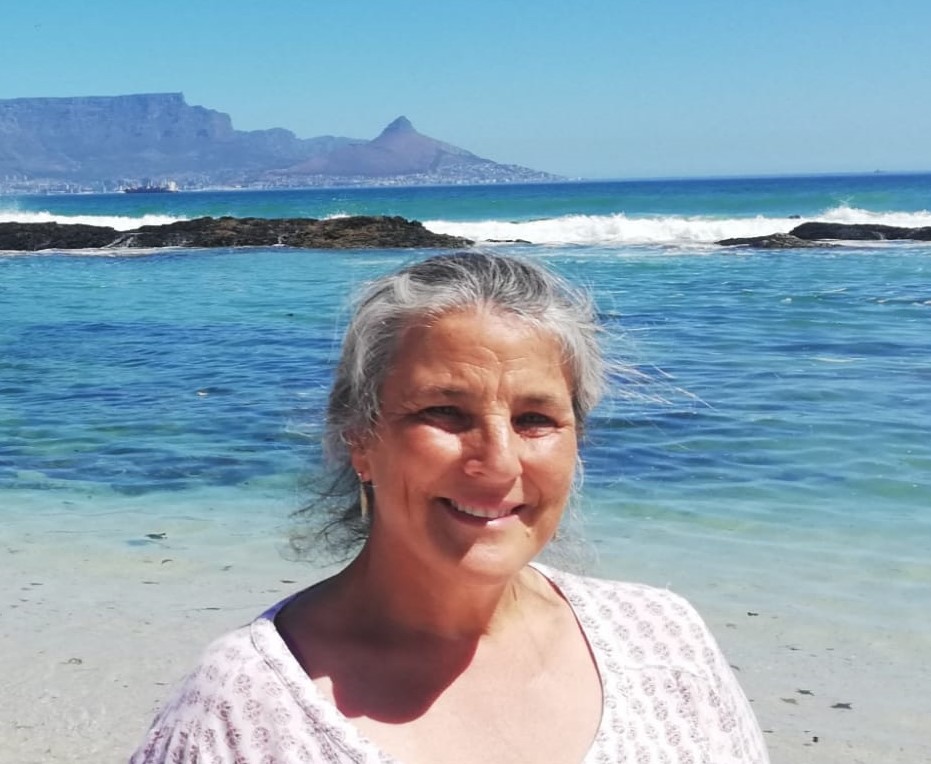
Rev. Berry Behr, Global Interfaith Ambassador
Emma Hardinge Britten brought forward a message during a spiritualist gathering in Cleveland Hall in London in 1871 that became the basis for the seven principles on which spiritualists continue to base their lives. Principle number five calls humanity to stand tall in vertical attunement with Spirit, and to step into personal sovereignty. It was a great and challenging shift from reliance on vicarious atonement, the belief that Jesus died for our sins. “Personal responsibility for all the good and evil done on earth” is a principle that started to move Christian Spiritualists into a new way of thinking about accountability, and it wasn’t comfortable.
As an unmarried woman, Emma, the London-born daughter of a schoolteacher, traveled to America in 1855 where she worked on Broadway before focusing on spiritual work, including the upliftment of women. Imagine the controversy she must have faced, the overwhelming superstitious fear that followed her lion-hearted tackling of social norms that irked her soul. Then, into a churning world of righteous indignation, she bravely brings this insight: that humanity is not forgiven because somebody else died, but only through the personal work of making right our wrongs.
I watched the Shakespeare play, Hamlet, during the 2024 season of “Bard on the Beach” in Vancouver. Hamlet’s tragic plotting to avenge his father’s murder goes badly wrong, and nearly everyone dies in the end. Hamlet says he isn’t Hercules, the mythical Greek anti-hero whose unrestrained emotions caused him to slay his entire family before he went on to kill the Nemean Lion, donning its pelt to signify his perverted identification with the majestic creature.
The Lion is often depicted as a symbol of sovereignty, the philosopher king who embodies leadership and courageous, wise authority. The noble bearing of the Lion reminds us of our personal commitment to practice discernment in our actions, thoughts, and deeds. The Lion embodies a-lion-ment, the right focus of the Divine life force—the at-one-ment of life loving itself, trusting itself, and conserving energy toward right action, at the right time.
I wish Love would roar more loudly in the world than anger does. I want my Love to roar with the glorious courage and sovereignty of the lion, whose tone brings every living thing into vibrational resonance. Who’s with me in this? All together now… ROAR!!!
About Open Windows
We, the authors of this blog, dedicate it to the transparent exploration of the world’s sacred scripture and enlightened spiritual thought. We believe that the original inspiration of all faiths comes from a common source, named and revered in a myriad of ways. With that understanding, the innumerable symbols, beliefs, and practices of faith cease to divide. They become open windows to a common reality that inspires and unifies us. We find deeper insight and nourishment in our own faith and from the expression of faith from others.
We hope these weekly quotations and meditations speak to your heart and soul.


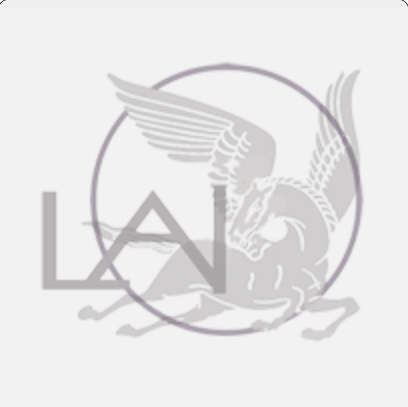
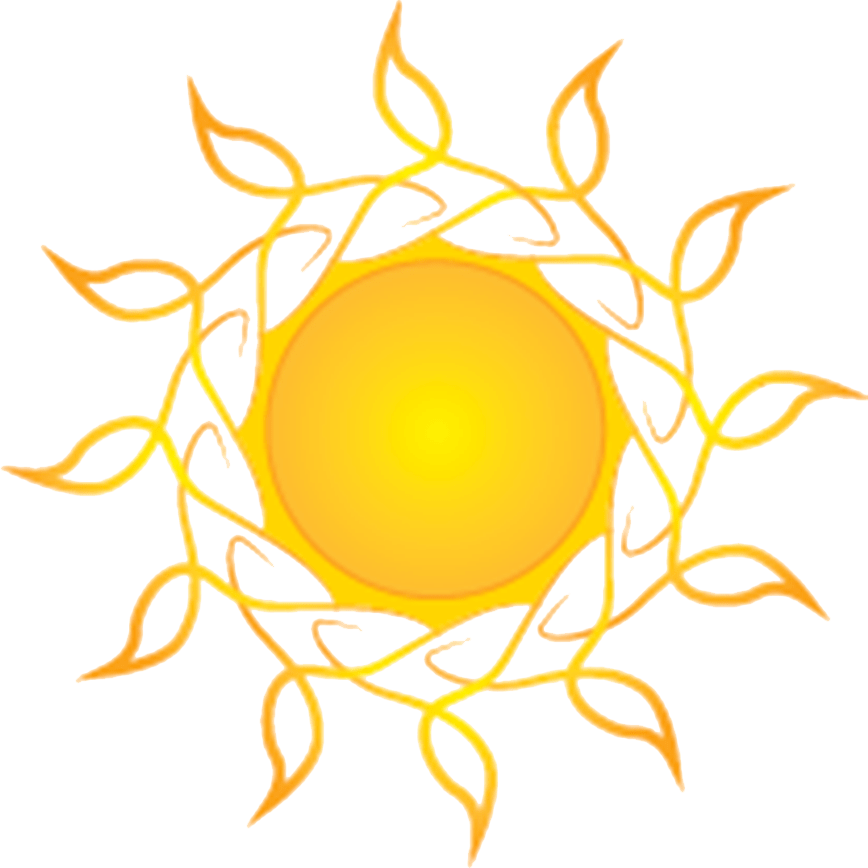
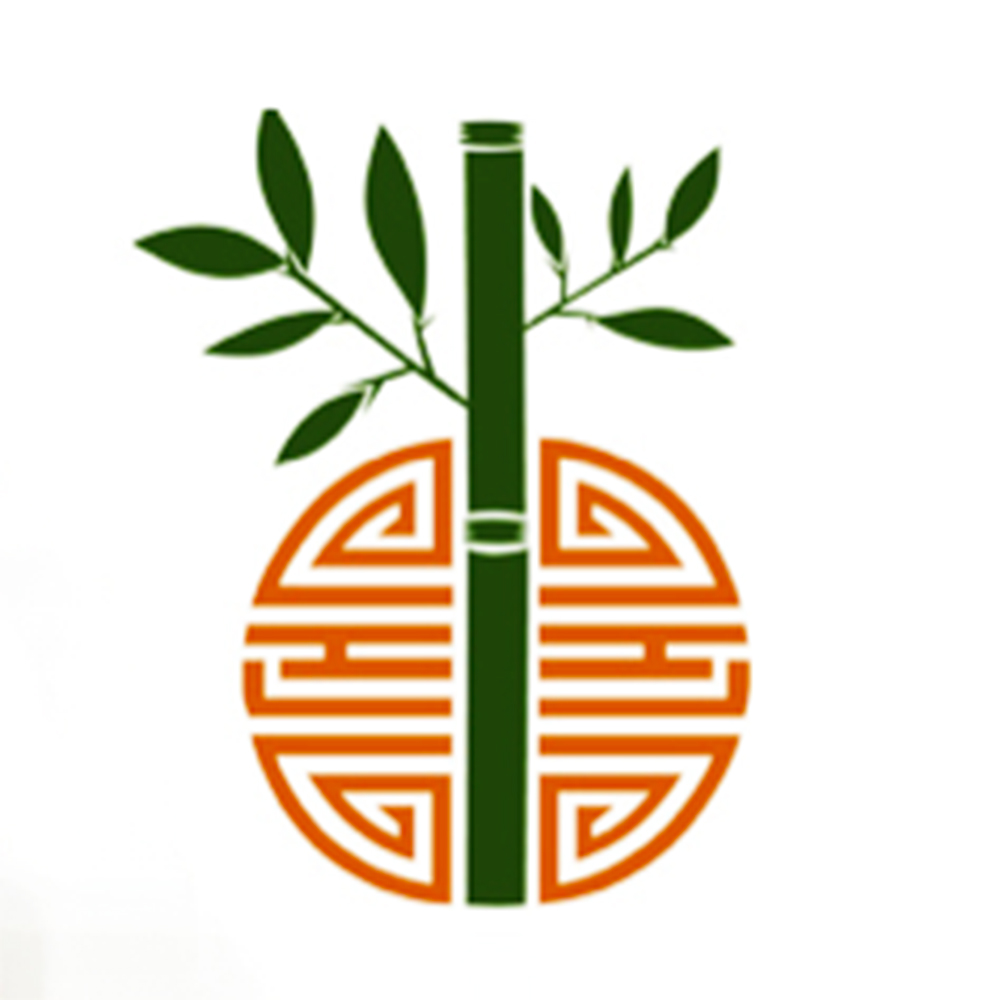
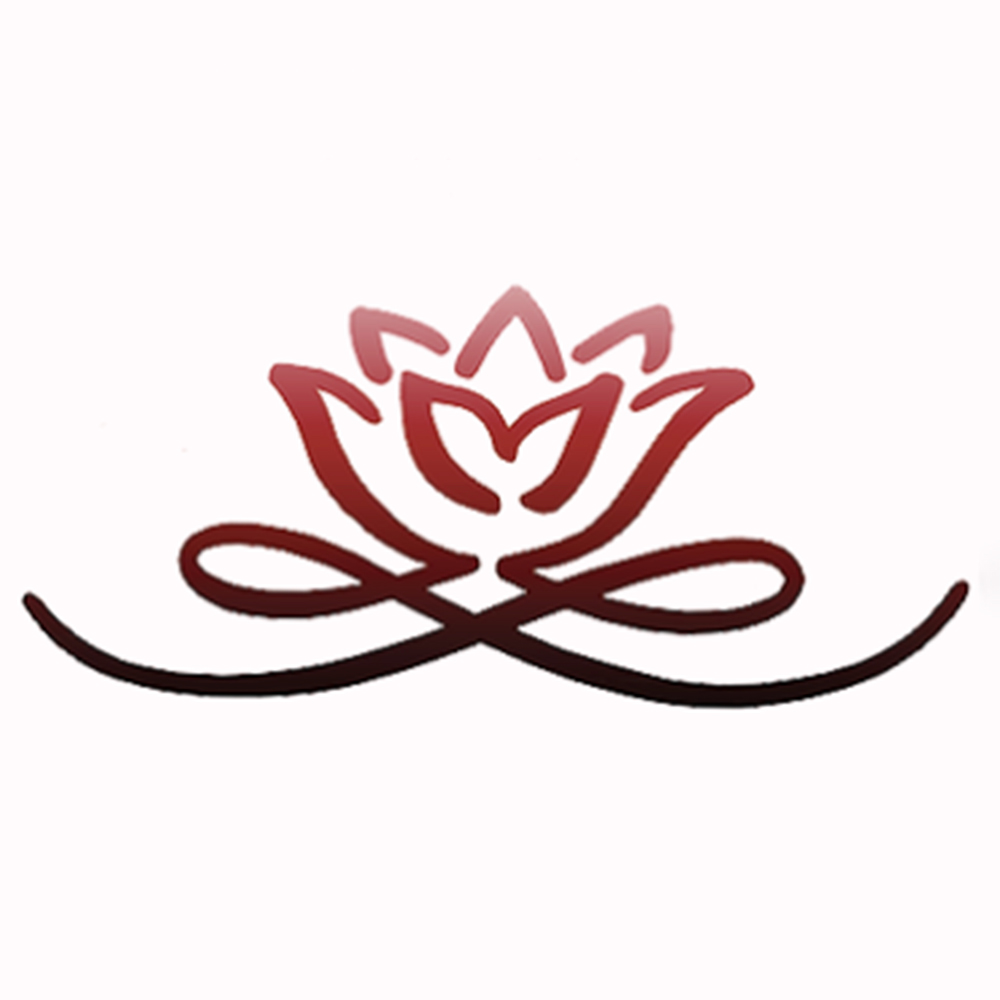


I AM Woman – Hear Me Roar!!!!
What a team — Emma, Rev. Berry, Jesus, God, and the lion! One can only go UPPP in such company. ROARING with you. Love, tom C.
The lion is certainly an accurate and useful symbol of our sovereignty and also of our authority. As representatives of the Creator the world is in each of our hands and does not depend on some kind of imaginary divine intervention to bail out humanity, “I have come that they might have life and that they might have it more abundantly.” Yes, Jesus made that statement, but in lion identity I can make it too.